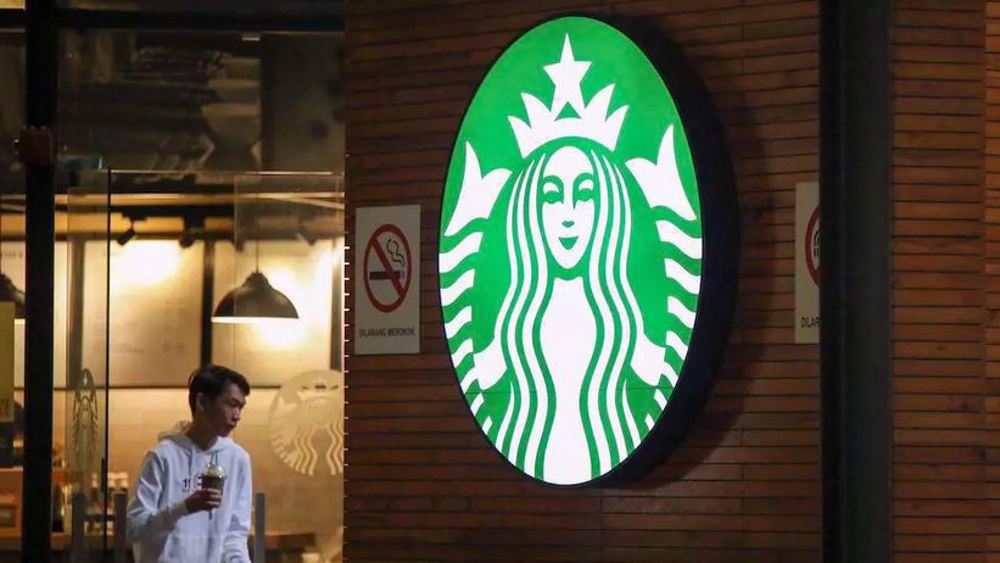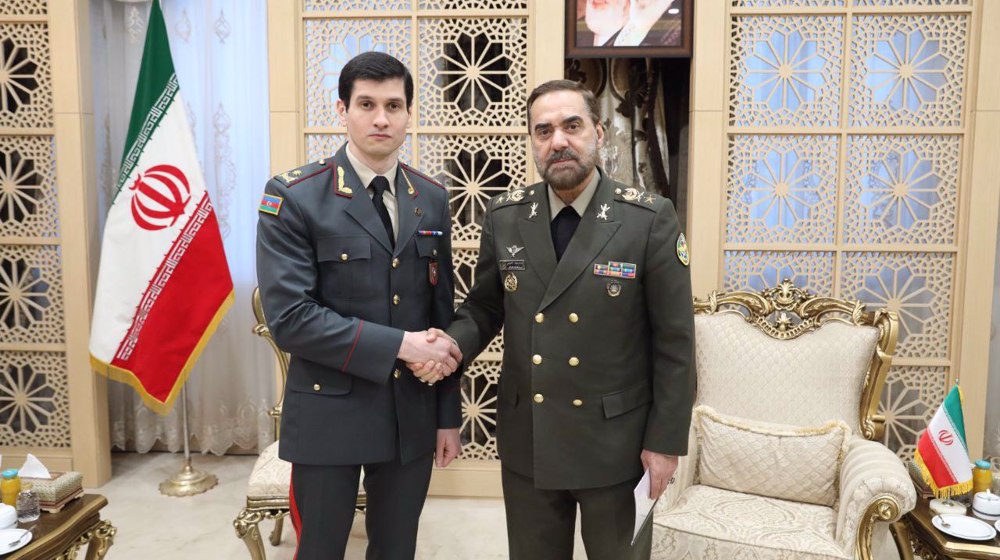Polls open amid tight security in Philippines general elections
General election polls have opened in the Philippines amid tight security measures over fear of violence.
Over 100,000 police officers are guarding Monday’s polls set to determine the country’s new president, vice-president, senators and some 18,000 local officials.
The road to the camping has so far been stained with violence and the deaths of some 15 people, the latest of which being a southern mayoral candidate who was shot to death in his home on Saturday.
Seven people were also killed just two hours after polls opened in the town of Rosario, south of the capital city Manila.
According to the town’s Chief Inspector Jonathan del Rosario, the incident occurred as unknown assailants attacked a convoy of vehicles.
Rosario, who is also the spokesman of a special election violence monitoring task force, noted that the motive behind the attack is still unknown.
He added that it may be tied to the elections as it took place in the province of Cavite which has been marked as an "area of concern" by officials over strong political rivalry present among local candidates.
This year’s presidential forerunner is the controversial 71-year-old Rodrigo "Digong" Duterte who has centralized his campaign on law and order, while claiming that would butcher criminals after election as he reportedly did during his mayoral term in Davao in southern Philippines.

Pre-election polls have given him a 10-point lead over his rivals, while recent surveys have landed him with 33 percent of the ballots in a system where candidates do not require a majority to win but the most votes.
The Punisher
The former state prosecutor, who has served as the Davao mayor for over 22 years, has promised to wipe out crime within the first six months of his presidency, dismissing allegations of resorting to myriads of execution to keep order.

Nicknamed “the Punisher,” Duterte has been blasted by rights groups for permitting vigilantes to murder hundreds of suspected criminals on his turf.
He was elected as mayor for seven times in Davao, where he is known for cruising around on his motorbike. Duterte has reportedly raised the city’s standing as a shelter for criminals to one of the Philippines’ safest cities since he was first elected in 1994.
Human Rights Watch released a report in 2009, calling for the Philippines to disband its highly organized vigilante gangs, which it claimed had direct ties of the government and police.
The gang’s victims, mostly petty criminals and street kids, were usually targeted by motorcycle riding men wearing baseball caps, noted the report.
Despite denying links to the death squads, Duterte has warned that criminals were a “legitimate target of assassination.”
The controversial figure, who has been described by the media as the Asian country's Donald Trump, is expected to gain a sweeping victory in the elections.
Explainer: How Yemeni military chased away US aircraft carrier from Red Sea?
French march for women of Palestine
Erdogan: Upholding ICC arrest warrants will restore trust in intl. system
Iran activated new centrifuges in response to IAEA resolution: Parl. speaker
Nov. 23: ‘Axis of Resistance’ operations against Israeli occupation
Lindsey Graham threatens to sanction US allies backing ICC arrest warrants
VIDEO | Tens of thousands of Catalans protest to demand access to better housing
Israel launches air strikes on Syria-Lebanon border crossing










 This makes it easy to access the Press TV website
This makes it easy to access the Press TV website